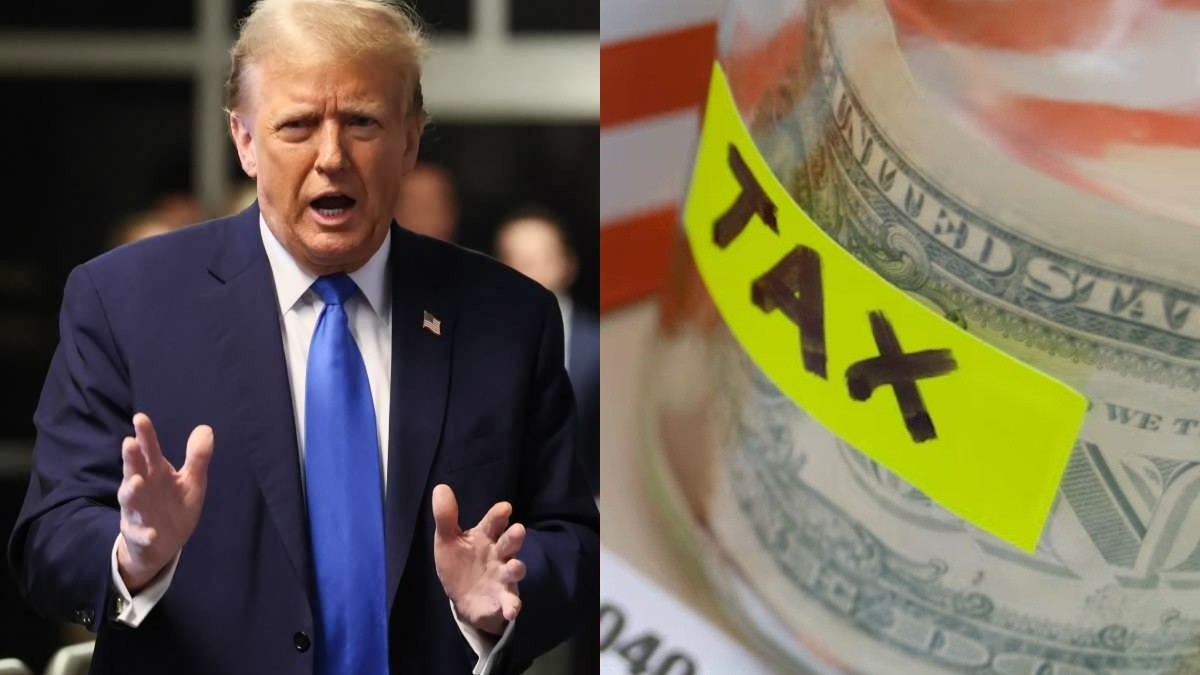Trump says taxes may increase if his bill is not accepted

President Donald Trump has raised alarms over the fiscal consequences that could arise if his ambitious legislative package, known as the 'One Big Beautiful Bill' , does not gain approval. This extensive spending and tax package, which has already passed the Republican-controlled House of Representatives, encapsulates many of Trump's key priorities. Central to the bill is the permanence of the 2017 tax cuts, a cornerstone of Trump's economic agenda.
The 2017 tax cuts, enacted through the Tax Cuts and Jobs Act (TCJA) , are set to expire after 2025. Trump's assertion of a looming tax hike appears to be directly tied to the future of these fiscal policies. By making these cuts permanent, the bill aims to avert a tax increase that could impact American taxpayers. The President's backing of the current package comes with expectations of some adjustments to ensure its passage.
Republicans are employing the budget reconciliation process to advance the bill in the Senate. This strategic move allows the bill to pass with a simple majority of 51 votes, bypassing the filibuster. However, the reconciliation process mandates compliance with the Byrd Rule, which restricts provisions unrelated to federal revenue or spending. This adds a layer of complexity to the legislative process.
Once the Senate debates and approves its version of the bill, the House of Representatives must then approve any changes made by the Senate. This final step is anticipated to be challenging due to the narrow Republican majority in the House. Experts suggest that this is where the real legislative battle will unfold, as lawmakers navigate the intricacies of the bill and the political dynamics at play.
The President's declaration of a potential tax increase serves as a rallying cry for the urgency and political significance of passing this comprehensive fiscal and spending package. By securing the continuity of the fiscal policies from his first term, Trump aims to prevent the expiration of key provisions of the TCJA. This legislative effort is not only a fiscal imperative but also a political strategy to solidify the administration's economic legacy.
The stakes are high as the legislative process unfolds, with the potential for economic implications. The outcome of this legislative endeavor will have far-reaching consequences for American taxpayers and the broader economy. The potential for a 68% tax increase looms large, serving as a powerful motivator for lawmakers to rally behind the President's legislative agenda.
In the face of these challenges, the administration remains steadfast in its pursuit of passing the bill. The potential for a 68% tax increase looms large, serving as a powerful motivator for lawmakers to rally behind the President's legislative agenda. The administration's commitment to this legislative effort underscores the importance of securing the economic policies that have defined Trump's presidency.
Komentar
Posting Komentar